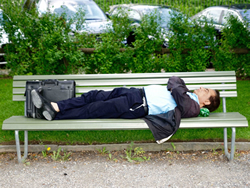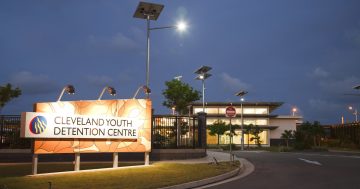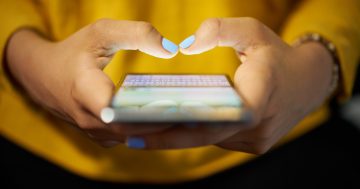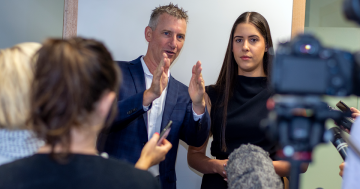Chris Pash* says up to one-third of Australian workers suffer from ‘social jetlag’, where their body clocks don’t align with their daily routine.
 Social jetlag — one way to describe what happens when your natural body clock and daily routine don’t align — is robbing many Australians of a good night’s sleep.
Social jetlag — one way to describe what happens when your natural body clock and daily routine don’t align — is robbing many Australians of a good night’s sleep.
The latest research shows a third of Australians suffer from this type of sleep deprivation, which is similar to the effects of a long-haul flight.
A study of 837 Australians published last week in the journal Sleep Medicine found 31 per cent were more than an hour out of sync with their body clock.
This is a similar result to a recent large-scale Dutch study.
The socially jetlagged are more likely to sleep too late, wake up feeling tired, be late for work, and also go to work when they felt they should have taken sick leave.
“That’s a large chunk of our population whose body clocks are out of alignment, a problem known to negatively impact health and wellbeing,” says Professor Robert Adams, a sleep specialist with the University of Adelaide.
“These findings serve to further illustrate the widespread problem of insufficient sleep in our country and indicate an urgent need for a national inquiry to relieve our sleep loss epidemic.”
“We need to realise that it’s not just about how much sleep we get, it’s when we get it.”
The researchers define social jetlag as the misalignment between an individual’s circadian rhythms and their environment due to social impositions such as work or school.
Full-time workers are worst affected, with some suffering more than two hours social jetlag on work days compared with non-work days.
“A person who is naturally a night owl but must start work at 7 am is at a higher risk of being socially jetlagged,” says Adams.
“And the same can be said of morning larks who routinely stay up late on international work calls.”
The study also found a correlation between social jetlag and device use.
“We found that those with social jetlag were more likely to have a laptop, phone or other device in the bedroom and frequently use the internet in the hour before sleep, either for work or entertainment,” he says.
Of those with the most severe form of jetlag, more than two thirds had a computing/internet device in their bedroom.
Other recent research shows technology use before bed shortens sleep, increases fatigue and is a known barrier to changing sleep behaviours among those who want better and more efficient sleep.
For those looking to beat social jetlag, the Sleep Health Foundation has some simple advice.
For those wanting to catch up on sleep at the weekend, it’s better for your body clock to try to go to sleep a little earlier and get up a little later, rather than have a big lie-in in the morning.
* Chris Pash is a Sydney journalist and author. He tweets at @TheLastWhale.
This article first appeared at www.businessinsider.com.au.










